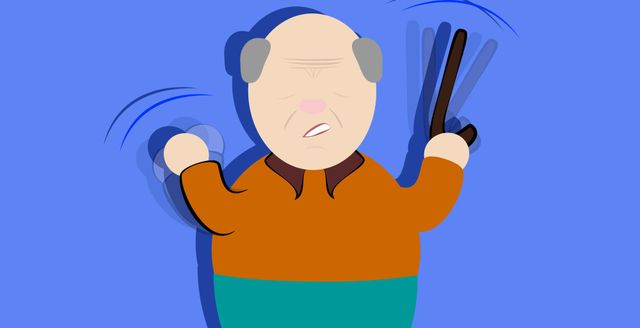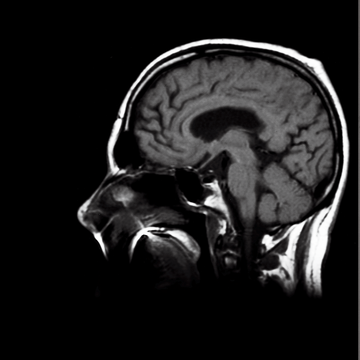Every day, an estimated 6,800 new peer-reviewed academic articles are published. That’s a whole lot of science to wade through—but don’t fret. We’ll do the legwork for you, each and every morning. Here’s your daily dose of the latest discoveries from journals, research institutions, and news outlets from around the world.
Get Nicer With Age
Forget the grumpy old man stereotype—people actually may grow nicer with age, new research from the University of Cambridge suggests. After analyzing brain imaging and personality traits of over 500 people, the researchers discovered people tend to become less neurotic as they age. They also tend to grow more responsible and more agreeable. (Here are 7 reasons you’re extra pissy and miserable right now.)
Supplement to Protect Your Brain
People at genetic risk of developing Alzheimer’s—those who carry a certain marker called APOE4—may be able to reduce their risk of developing the disease, or at least delay the onset of symptoms by supplementing with an omega-3 fatty acid called DHA, MedPage Today reports. High-dose supplementation of the omega-3 was only beneficial in people who started the regimen before dementia symptoms started.
Don’t Smile Too Big
How big you smile could influence how people see you: People tend to perceive those who smile more intensely as less competent those with slighter smiles, according to new research from the University of Kansas. The researchers performed the study on marketing photos, so it’s unclear whether the same findings would apply to everyday interactions.
Meditate Your Stress Away
Meditation helps you react better to stressful situations, new research from Georgetown University Medical Center suggests. After people with anxiety disorder went through an 8-week course in mindfulness, they showed a reduction in stress hormones and inflammatory responses after going through a stressful event.
Avoid Antibiotic Overuse
The rise of infections like C. difficile infection—which causes severe diarrhea—is likely due to overuse of antibiotics, not dirty hospitals, researchers from the University of Leeds found. The scientists discovered that cases fell only when an antibiotic called fluoroquinolone was restricted and used more judiciously. But the number of bugs transmitted between people in hospitals didn’t fall, despite the creation of hygiene-awareness programs that encouraged better hand-washing and hospital cleaning.













